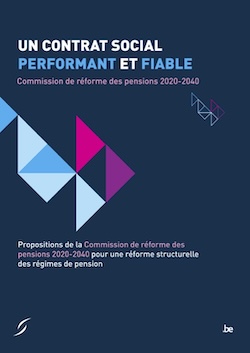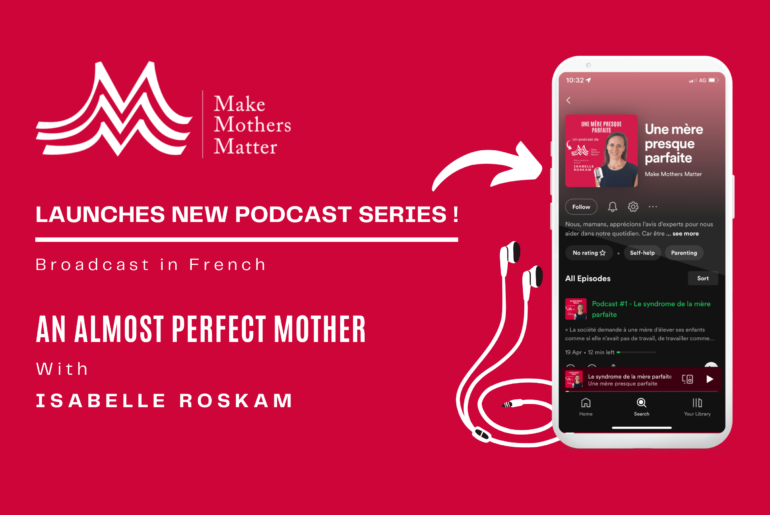MMM advocacy in Belgium – Mothers and the Economy

Reconciling private and family life
In Belgium like in most countries, work-life balance is a major societal issue. Mothers are not the only ones concerned, but it is mainly they who divide their time between paid work, looking after children and caring for older or other dependent relatives. This disproportionate share of unpaid domestic and care work results in discrimination in recruitment and in professional careers, career breaks and unwanted part-time work, a gender pay gap (16% on average) and negative consequences for retirement (a pension gap of 39% on average).
This is why MMM in Belgium is promoting the adoption of measures that have a direct impact on their daily lives, aimed at improving the balance between work and family life, and promoting a ‘life course’ approach. The Belgian team has worked with the EU team on the directive aimed at ‘reconciling work and private life for parents and carers’ as part of the European Pillars of Social Rights. It now follows the implementation in Belgium of the work-life balance directive adopted in 2019.
Care credits in pensions calculation
It is most often women who are mothers who interrupt their careers to give up their time to look after children or other family members. This reduces their earning and pensions and puts them in a precarious situation: in Belgium, the average gender pay gap stands at 16% and the pension gap at 39%.
Society should not penalise mothers for choosing to look after their families. MMM calls for :
- Greater visibility of unpaid family care work and its recognition as ‘work’, with all the rights attached to it
- The inclusion of the time spent caring for a family member in the calculation of pension entitlements
The EU Commission recommends compensation mechanisms within pension systems to prevent older women from falling into poverty: care credits, minimum pensions and survivor benefits. Innovative solutions for the recognition of unpaid family work must be studied, as this work is not taken into account in the calculation of pensions and therefore penalises mothers when they retire.
MMM Belgium has taken action on the the pension reform. At several meetings with various political cabinets, the employers’ federation and other public bodies, MMM ensured that the role and rights of Belgian mothers were properly heard by public bodies and reflected in the legislative work.
 At the ‘Modernising the family dimension of Belgian pensions’ meeting in October 2017, an exchange with Béa Cantillon and Frank Vandenbroucke, two members of the 2020-2040 Pension Reform Commission, provided an opportunity to gauge the difficulty of the reform. The issue of pensions is intrinsically linked to that of work-life balance.
At the ‘Modernising the family dimension of Belgian pensions’ meeting in October 2017, an exchange with Béa Cantillon and Frank Vandenbroucke, two members of the 2020-2040 Pension Reform Commission, provided an opportunity to gauge the difficulty of the reform. The issue of pensions is intrinsically linked to that of work-life balance.
Some mothers live in extreme poverty and without any rights because they have worked most of their lives bringing up their families at home and then found themselves on their own. Others, the most numerous, work and contribute to their pensions, but sooner or later may interrupt their careers to take care of their children or other family members. Finally, some continue a full professional career… How can these different realities be reconciled? How can we recognise and quantify these periods of care in such diverse situations, without creating a windfall effect? Why just mothers? Multiple questions, multiple answers and multiple solutions… While Saskia van Uffelen, who is both CEO of a major company and mother of 5 children, does not have a typical profile, she caught our attention by stating loud and clear that family/work life cannot be reconciled without the father of her children…
What if the most sustainable solution was to be found by involving fathers?


